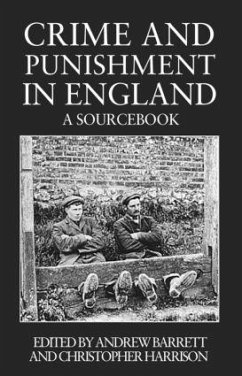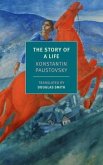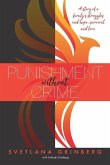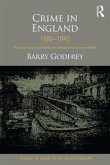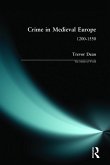Designed to complement "Crime and Punishment: An Introductory History" UCL Press, 1996, this sourcebook contains documents specifically selected to illuminate major issues raised in the textbook. In the first part of the book, extracts of laws and royal, local and church records from Anglo- Saxon England to the 18th century reveal changing patterns of crime and punishment. The first sociology of English crime Harman's Caveat, 1566 as well as Henry Fielding's reform proposals of the mid-eighteenth century are included and the growing use of imprisonment is reflected in the later sections.; The second part covers the 19th century. Documents range from commentaries on the day-to-day crimes of theft, drunkenness And Assault To The Sensationalism Of Garroting And Murder. Documents charting the impressive growth of the police force are included. Criminal justice is approached through the minutiae of police charge books and newspaper column's, the personal reminiscences of magistrates, the sweeping arguments of law reformers and the pleading voices of Petitioners For Mercy. In A Chapter On Punishment, The Emotions Unleashed by public hanging and transportation can be compared with the relentless monotony of prison life.
Hinweis: Dieser Artikel kann nur an eine deutsche Lieferadresse ausgeliefert werden.
Hinweis: Dieser Artikel kann nur an eine deutsche Lieferadresse ausgeliefert werden.

